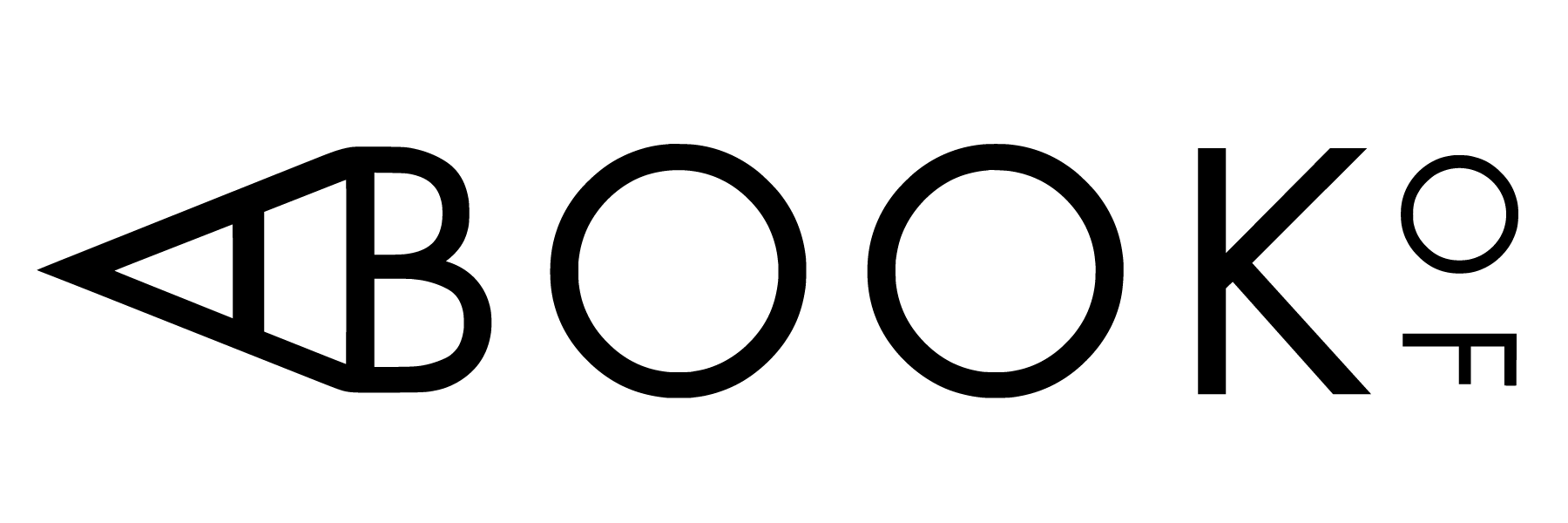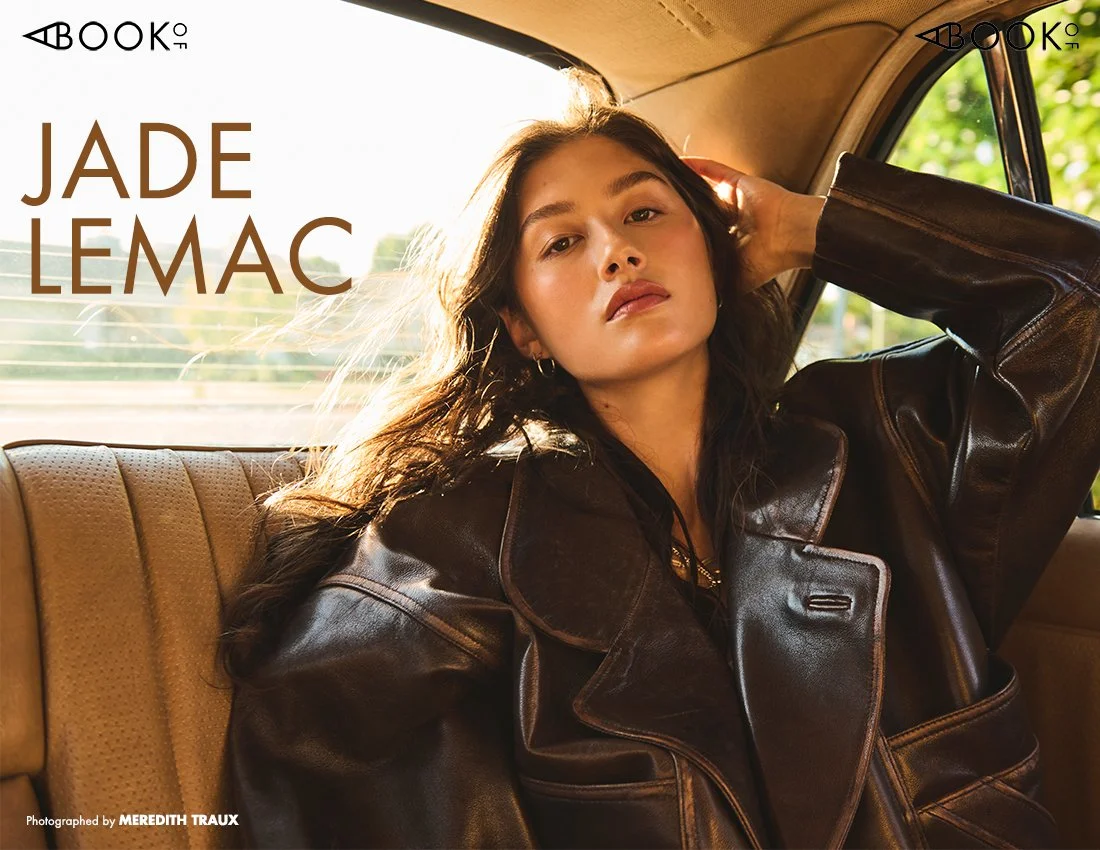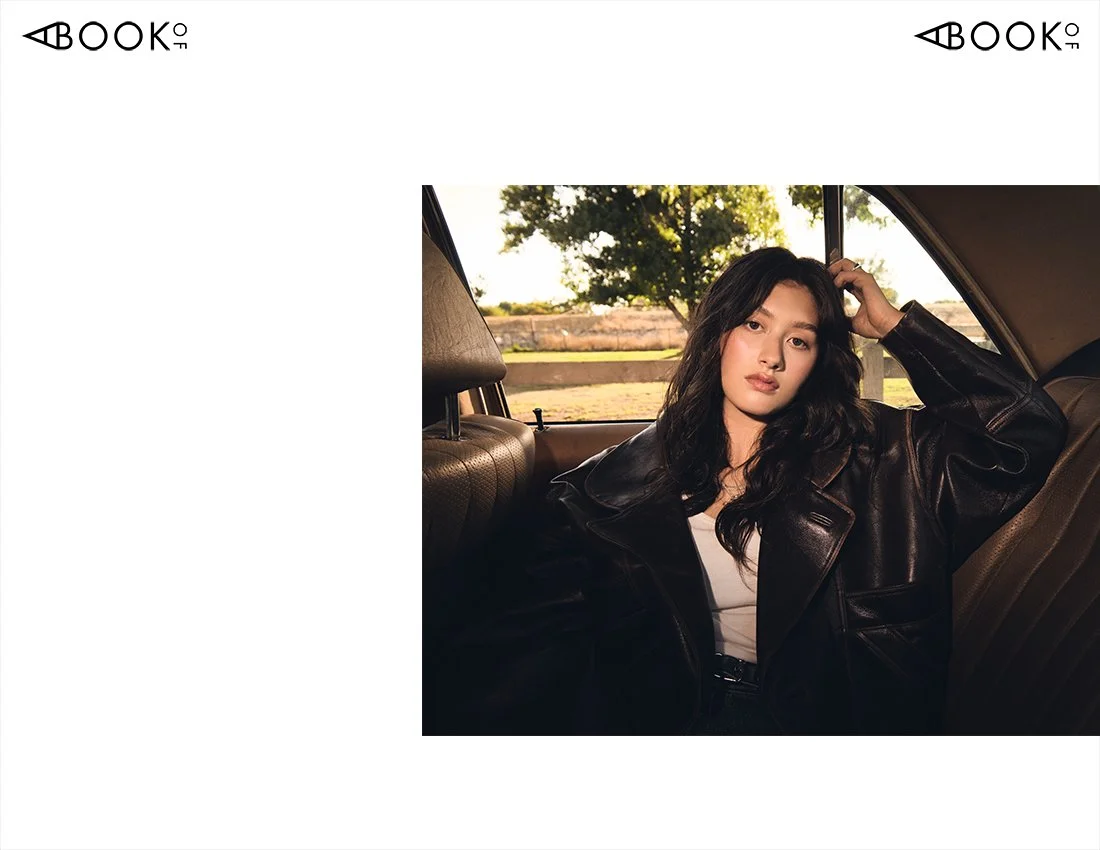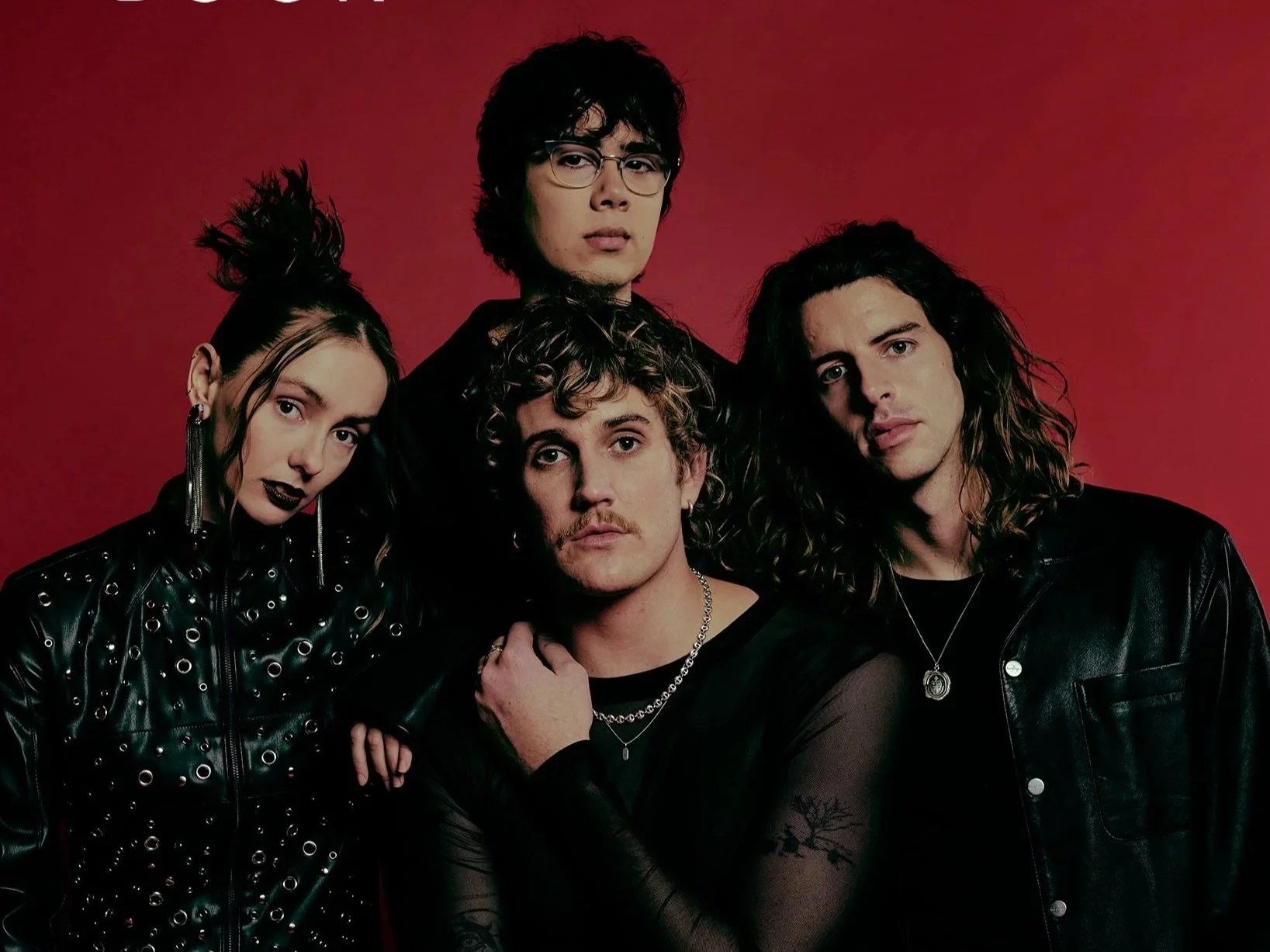JADE LEMAC
JADE LEMAC grew up between Victoria and Vancouver, two cities that shaped her before she even knew she was becoming an artist. You can feel those places in the texture of her music: the coastal quiet, the closeness of family, the instinct to observe before speaking. She still laughs about singing outside her mother’s shop as a kid, convinced her voice alone could pull customers in, and she remembers the exact moment, rewriting Rihanna’s “Stay” in middle school, when she realized she could write stories of her own. That sense of discovery threads through everything she makes, from the tender ache of “Constellations,” written at fifteen and later reborn on TV soundtracks, to the emotional honesty of her EP “Confessions,” where love, desire, and heartbreak spill out without hesitation. As a young queer, half-Asian artist navigating rapid growth, shifting confidence, and a growing audience, she has learned to return to the core of why she began creating in the first place. As she puts it, “I’ve been through so much, loved so many, left so many, and missed so many, and I feel I show that with each song I write” - a reminder that the story ahead is as raw and compelling as the music itself.
Can you take me back to your hometown, Victoria, and then Vancouver, and share what your early relationship with music looked like? How did growing up in those places shape your earliest creative impulses?
Both these cities are my home, and I can’t explain in words what they mean to me and how they’ve made me, me. But I know that I love these cities more than anything, and I will forever shout them out because they have treated me so well and have molded me into the person I am today. I think a significant way they affected my music was through the people I was surrounded by, mostly family or friends.
You’ve described singing outside your mother’s store, almost as a performance of sorts. How did that public, informal singing evolve into your confidence as a songwriter and performer?
Honestly, my confidence got lost over the years. As a kid I was sure that I was good, and I thought I was going to bring a lot of customers to my mom’s store. As the years went on and I started performing for myself I began getting really nervous and scared. It’s still something I’m working on and working to move past.
You started writing music really young—even rewriting Rihanna’s "Stay" in middle school, as you once mentioned. How did that experiment shift how you saw yourself—not just as a singer but as someone who could tell stories through songs?
I mean rewriting “Stay” was what led me into realizing I could actually write songs. Before that I never knew I was capable of doing so. It was genuinely the beginning of my song writing journey and I could never be more grateful.
Your breakout single, "Constellations," was written when you were around 15 and later found new life through sync placements in "Sidelined: The QB and Me" and "My Life with the Walter Boys." How did it feel to see a song you wrote so young evolve and reach audiences in different contexts over time? What did the song mean to you then, and what does it mean now?
It’s really been amazing to see what the song has done. At the time of writing it, I could’ve never imagined where it would’ve gone. Seeing it in these films has been so amazing, and to see the reactions from the viewers has been even crazier. I’ll always see Constellations as the way I wrote it, but over the past couple years I have definitely learned to love it from other perspectives.
The "Confessions" EP felt like a more defined and bold chapter next to "Constellations." You’ve talked about being in love with love, heartbreak, and desire in "It’s Always at Night". How do you map the emotional journey between those projects, and how do you feel you’ve changed as an artist and as a person through making them?
With time comes experience, and these projects have spanned over the past 5/6 years of my life. I have been through so much, loved so many, left so many, and missed so many. I’ve been on a roller coaster this whole time, and I feel I show that with each song I write. There’s also been a lot of experimenting with sounds because I’m still at an age where I’m learning what I really love and what I want, and I expect that to continue.
As a queer half-Asian artist who gained traction via TikTok, how have visibility and representation influenced your journey? Has becoming more visible changed how you write, how you imagine new music, or how you frame your identity in your art?
Honestly, as much as being a queer half-Asian woman is a huge part of who I am, I try not to let that affect the way I create my music. Of course, it naturally comes into play when I’m writing because it’s simply who I am, but instead of having that as a thought while writing, I just let myself feel what’s write. Whether that be something to do with my identity, or not, it doesn’t really matter because it’s all me.
You’ve mentioned before that vulnerability is central to your songwriting. What does it take for you to write something honest and raw? How do you balance self-exposure with self-protection, especially in songs that deal with relationships or heartbreak?
I’m still at a point where I’m struggling with the balance. There are times where I can write such a vulnerable song and have it come to me so quickly and in such a flow state. Other times, I find it difficult to let myself write about what I’m really feeling, scared that it will hit too close to home for those around me.
When you’re writing songs about love, loss, and relationship complexities, how much are you writing from lived experience, and how much is storytelling or imagined scenarios? Do the stories always come back to you, or do they sometimes come from observing others or universes you’ve invented?
There’s a good amount of both. I feel often times, each song is a mixture of experience and imagination, or even just writing a lyric cause it sounds cool. Sometimes when I think I’m writing about an exact situation in my life, I get too scared to write about something so real, so I venture off into a made-up story, and sometimes it ends up just being all true experiences hidden in metaphors.
You’ve mentioned wanting to get into production one day, which suggests a desire to expand your creative control. How would your approach to a song change if you were producing it yourself? What skills or mindset do you think you’d need to learn to step behind the boards fully?
I think for certain songs my perspective would completely change. There are certain genres/sounds that I’ve always wanted to create and if I were able to do that it would make a huge difference. At the moment, I’m simply just writing on guitar or piano, but if I had the knowledge, I feel often times I would start with production. I think before I’m able to do that I’d have to fully commit and take some sort of classes or do lots of research, but that is in the plans.
Being on stage at something as massive as Lollapalooza must’ve been a milestone. Looking back, what moment in your touring or live-performance career felt like a real turning point, when you knew this was what you were meant to do, or when you truly felt at home on stage? And since you also opened for Maren Morris, what did you take away from that experience? What did you learn from watching her and being part of that tour?
The moment I think I knew I could actually do this was probably my first ever performance as Jade LeMac. It was on an extremely small stage at my hometown festival, Rifflandia. I was 14 and so scared. It was me, my guitar and my friend at the time who played piano for me on a couple songs. We got on stage a few minutes early and were just free styling some covers for fun because it was only a room of about 30 people. When it was time for my set to start, I went to sing my first song and was totally off key and had no clue why. I tried again, same thing happened. Tried again, and just adjusted to the key and it was until a minute into the song where I realized my capo was on the wrong fret. I laughed it off and told the crowd, fixed it and re-sang. It was my biggest fear, but it ended up being so fine and a great memory. Being on tour with Maren, it was definitely bigger stakes, but there were so many learning moments just like that one and it has helped my learn so much as a performing artist.
Between the pressures of building a career, experiencing fast growth, and navigating personal growth as a young queer artist, what life lesson do you hold on to—something that helps keep you grounded when things get overwhelming?
I think my 2 biggest things that I always believe in is that everything happens for a reason, and to focus on the love that I have for the art. I think I can get caught up on the business/work side of things to the point where I begin to forget how much I truly love making music. So, whenever I get the chance, I try to fall into that love.
If you were a book, what book would you be, and why?
I’m really into my cheesy romance books, so I think one of those. Hopefully one with a happy ending, but a big juicy plot so I could write a good song about it.















